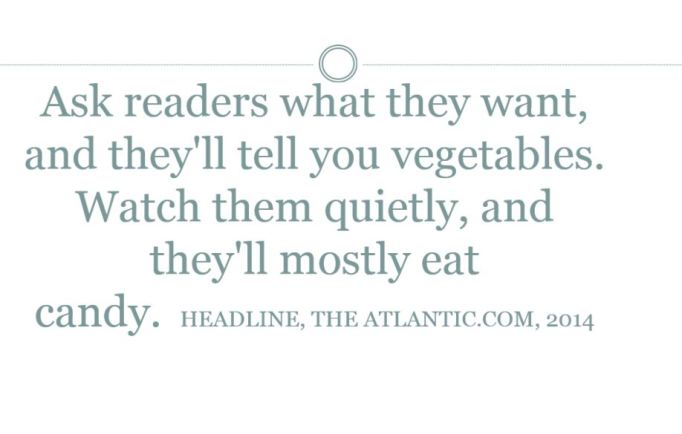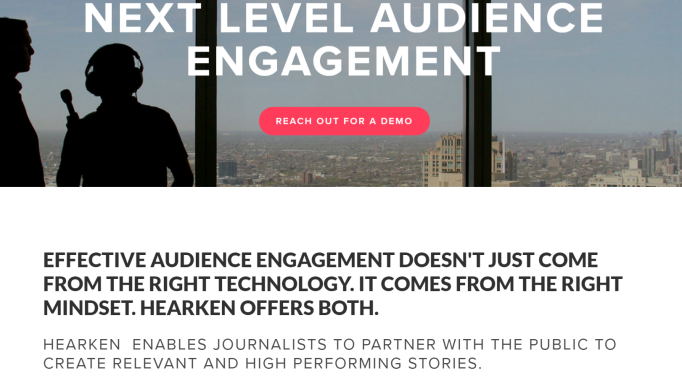For the last few days, I’ve been driving past a poster with just five words on it.
FURY AS SCHOOL BUS AXED, it says.
It’s a newspaper bill, the sort that I’ve written hundreds of in my career, and a staple of local journalism.
But it suddenly jarred.
For a few reasons – reasons that to me crystallise the serious questions facing journalism.
In a digital age, billboards feel very analogue: bits of paper plonked outside shops to catch the attention of who? Drivers?
Do they work? I’ve attended – and led – workshops on bill-writing. Sell, don’t tell – all that sort of thing. I’ve been told they work – and they do at least offer a form of brand promotion.
But is this – sometimes handwritten – version of a John Bull printing set the best sales tool to market what regional media publishers still refer to as their premium products?
They don’t scream 21st century multimedia. Which is a shame, because that’s what our newsrooms are steeped in every day.
Then there’s the language. Of course, you have to write bills in a strange staccato shorthand. People are never mildly upset – it’s always fury. Or joy, row, horror, mix-up, riddle, axe, slam and anger. God knows, I’ve wrung them all dry.
But life’s not like that, even in an age of social media emotional incontinence.
Those bills – and the products for which they are the public face – can present a binary, divisive picture of the world.
They’re a blunt instrument, unable to sell the emotional insight of a moving interview, the wisdom or irreverence of a well-crafted column, or the sheer nonsense of a first-person experience piece.
And when it comes to marketing our content online, we can at times pretend there’s no such thing as a paper or even a website. Every item is badged and sold in isolation, to Facebook users who dip in and dip out, and who may never truly have a clue who’s written what they’re reading.
To be clear, I’m not here to argue about whether bills work.
The point is that, although they may only be a few words, those messages on giant pieces of paper speak volumes about this industry.
About the fragility of sales and customer relationships, the clumsiness of journalese, and the legacy of bygone days.
Our industry’s most visible signs of brand marketing represent a daily, sometimes desperate, effort to sell our journalism.
Now it is so abundantly clear that funding journalism remains the single biggest challenge facing us, those bills look ever more symbolic.
I’ve lost count of the industry-watchers who’ve tried to get their heads around this issue.
The latest to look at ways to square the circle of broken community ties, a time-poor audience and an advertising drought was media commentator and academic Roy Greenslade, with a commendably wide-ranging piece in the Guardian.
In the past, he has advocated state subsidy for public service journalism – an idea as intriguing as it would be problematic.
There’s no doubt in my mind that the ownership model which operates across most of the regional media industry is unsustainable. In some cases, you could even say it’s already broken.
As Roy says, journalism – particularly the world-changing and investigative kind – is expensive.
And when there are so many demands on our time and money, few people are prepared to pay for it.
I’m always tempted by the hyperlocal, back to basics model, helped by a dash of crowdfunding.
But I’m not sure where the money’s coming from for that, either.
And each year, it gets harder.
The students that I’m teaching don’t consume news in ways that give any comfort to the traditional media.
And yet, here’s a funny thing.
I’m currently helping a group of them to fulfil their dream of setting up something called…. a newspaper.
Who could resist these happy newsgatherers? @UoGjourno students @cshakerssss & @eliziles signing people up for @UoGNewspaper at f fayre now pic.twitter.com/iPh8YV2XUF
— Journalism at UoG (@UoGjourno) September 21, 2016
It’s very early days.
But they’ve got some fascinating lessons ahead of them on how to make it work. Should it be free? Can they attract enough advertising? How much subsidy will the student union provide? How much fundraising will they need to do? What about a membership scheme?
Every time I’ve drive past that bill, I wonder whether at some time in the future, someone will write one saying FURY AS NEWS SITE AXED.
Let’s hope my student friends can find a way to stave off that day.




